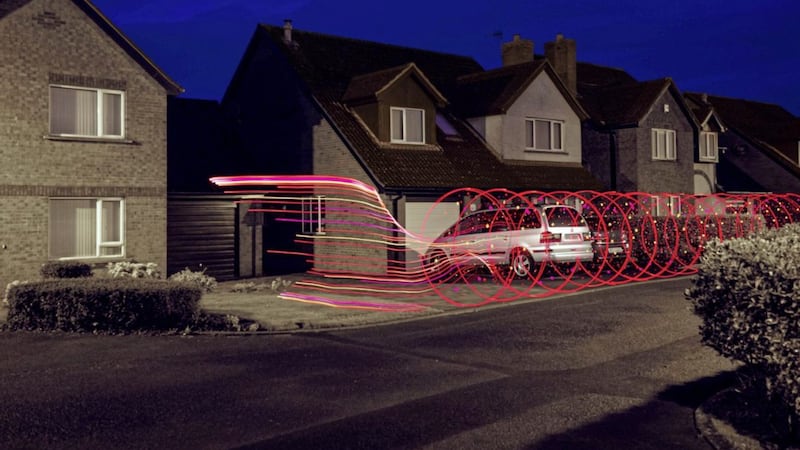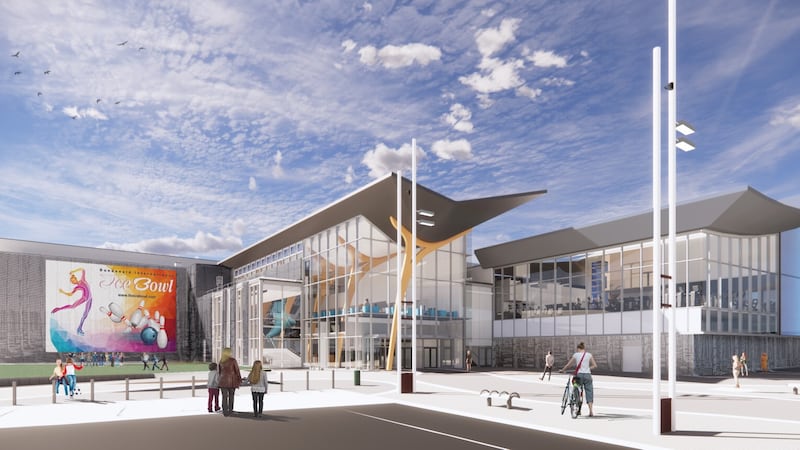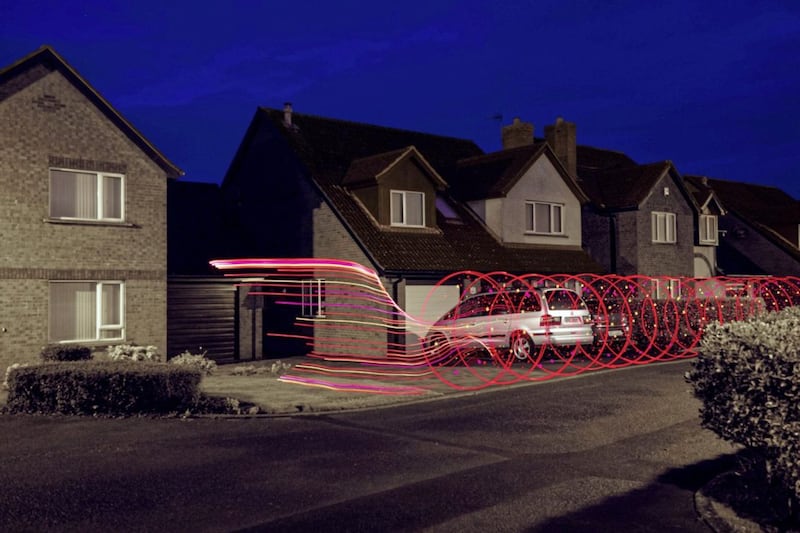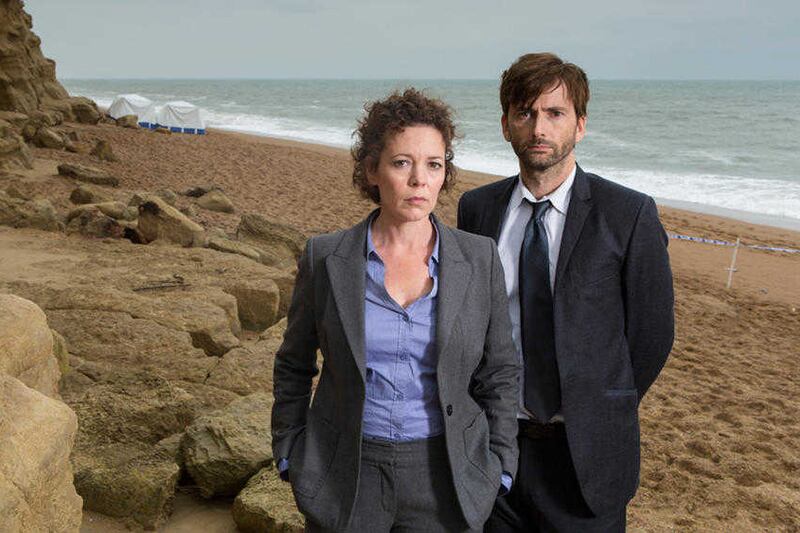THOUSANDS of homes and businesses in Northern Ireland are next to benefit from an ultra-fast broadband and entertainment boost as part of a £3 billion investment programme by Virgin Media.
The cable operator's Project Lightning network expansion project - where global sprint superstar Usain Bolt is its poster-boy - has been heralded as the biggest investment in the UK’s internet infrastructure for a decade.
Virgin says it intends expanding its network to cover an extra four million homes with faster average download speeds.
And that will now include 50,000 properties in Northern Ireland, with work having already begun in areas including Ballykelly, Bangor, Limavady, Newtownards, Strabane and Artigarvan.
Around 200 jobs will be created as the project is rolled out both in the north and in the Republic, where 55,000 additional properties will be linked into the Virgin network.
The average broadband speed in Northern Ireland is 23.8Mbps, according to most recent Ofcom data.
But those subscribing to Virgin’s internet services will have minimum entry level download speeds of 100Mbps, reaching up to 300Mbps for residents and download speeds of 350Mbps for small businesses.
Virgin Media Ireland chief executive Tony Hanway, who was in Belfast yesterday, said: “Families and businesses will be able to benefit from ultra-fast broadband 12 times faster than the average speed available today.
“We stand ready to invest in Northern Ireland, without subsidy from Stormont, London or Brussels.”
He added: "There's a widespread acceptance now that without excellent broadband speeds, businesses struggle and may even leave.
"We believe our technology is the best possibly available and will be a game-changer both in the home and business for Northern Ireland."
However, there have been concerns that Virgin's network expansion plan in Britain is running behind schedule, threatening the growth targets of the cable operator's US-listed parent company Liberty Global.
Indeed according to some media reports,Virgin Media completed work on just 27,199 premises in June against a target of 69,000 new lines - claims the company disputes.
Virgin Media said: “We are currently in reboot mode for Project Lightning as we increase the scale of delivery of the biggest broadband infrastructure build programme in more than a decade. In the meantime, sales, average revenue per user, and build costs are all broadly tracking in line with our expectations.”
Meanwhile according to Ofcom’s latest communications market report, people in Northern Ireland now spend more than 20 hours every week online, and 90 per cent of households with children have an internet connection.
It says pay-TV services from Sky, Virgin Media and BT are also popular, with 64 per cent of local homes having paid-for channels delivered by satellite, cable, broadband or Freeview top-up services, though this is down 10 percentage points on the previous year.




